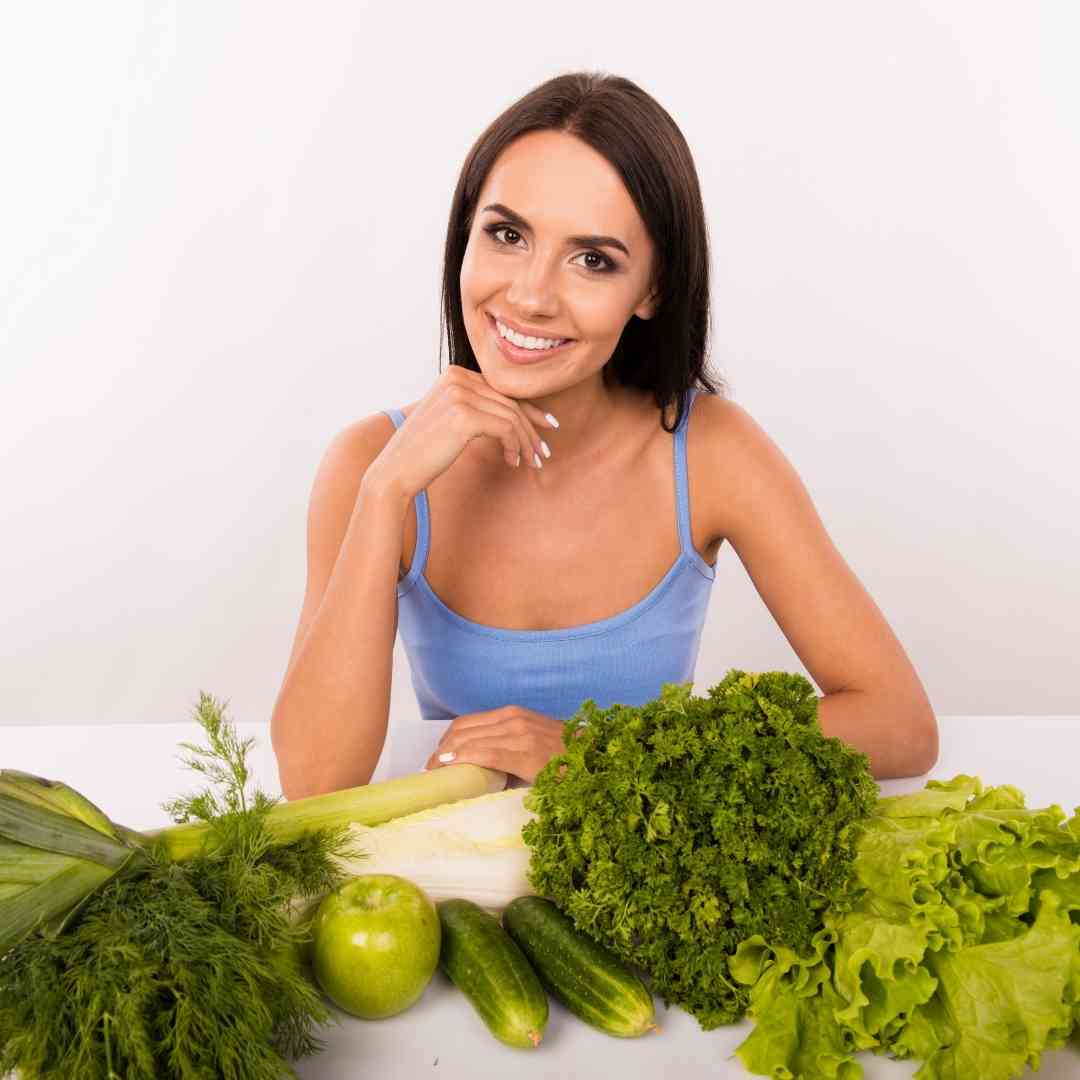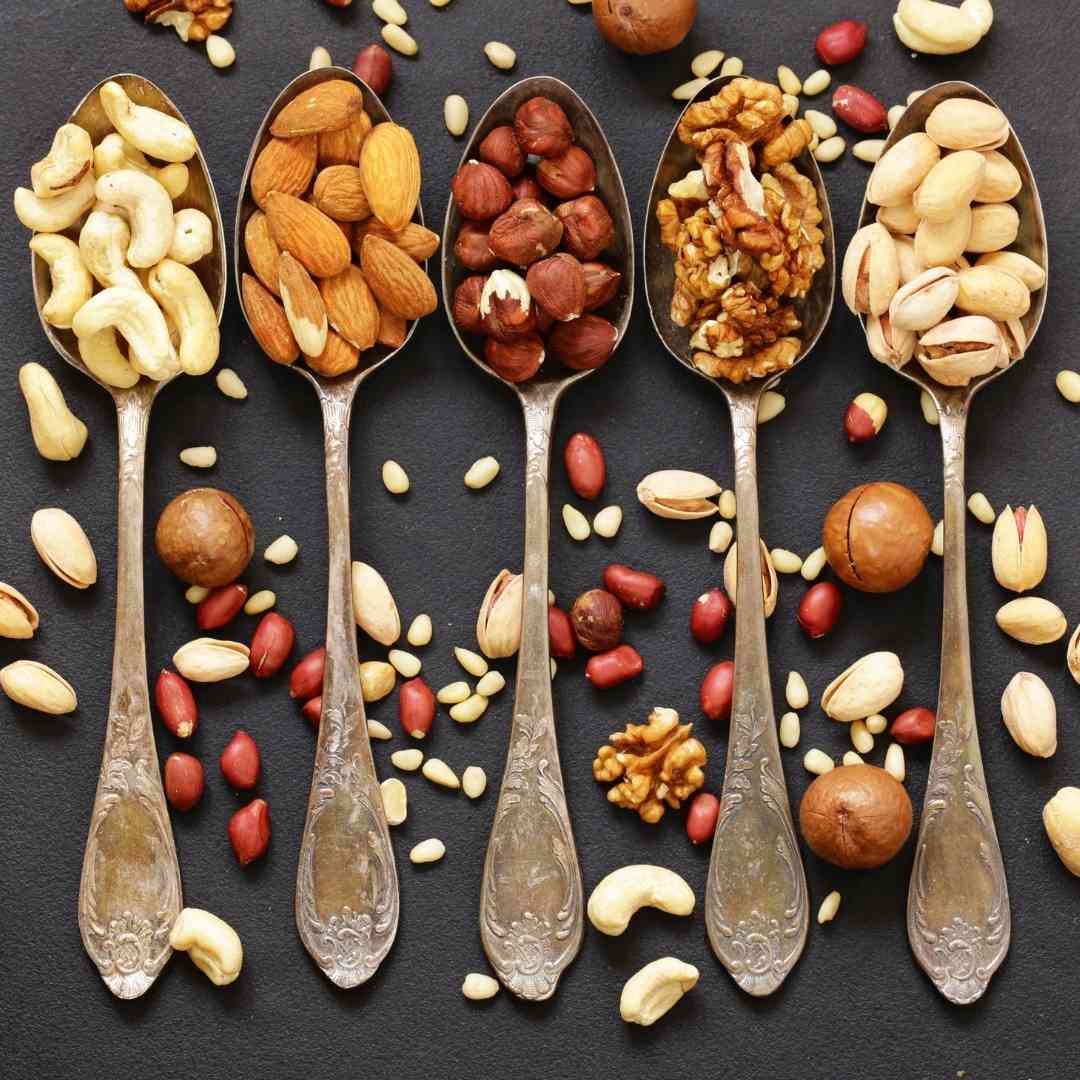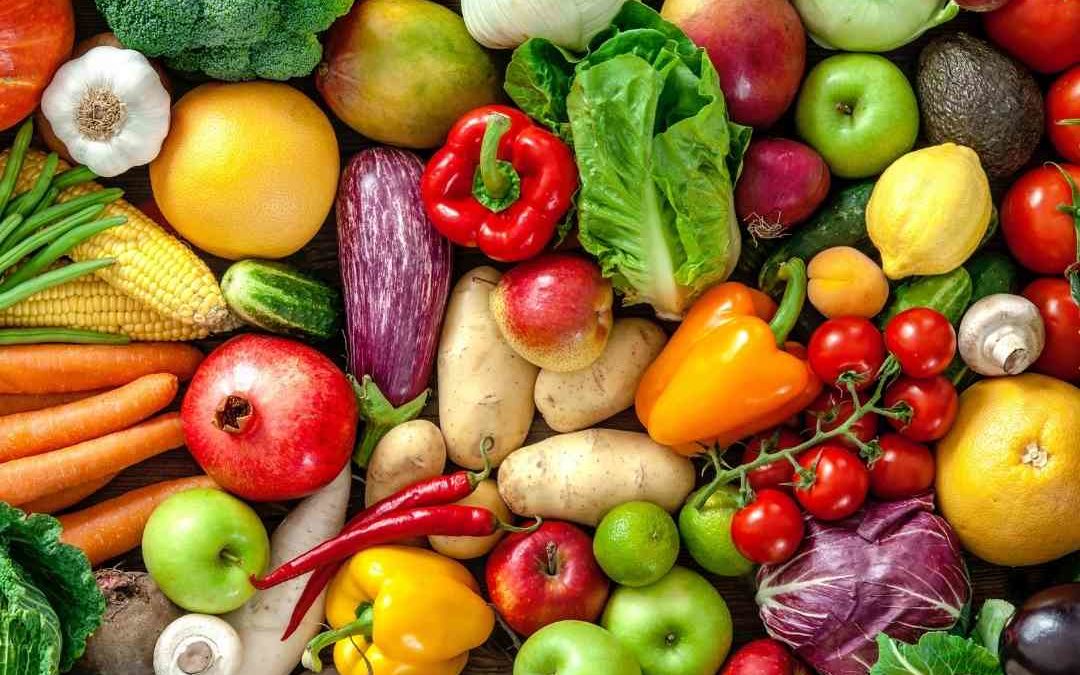In our previous blog, we discussed how COVID enters our body, how it works and why it’s important to boost our immune systems.
Today, we’ve going to look at how.
Doctors tell us this over and over: Live a healthy lifestyle. Eat a healthy diet, exercise, sleep.
Studies have shown that a lack of these things can lead to major diseases including obesity, heart disease and diabetes.
But why would these also help our immune system?
Immune Boosting Diets
White bloods cells are essential to our immune response. They produce the antibodies that fight viruses, bacteria, and other invaders. They’re also involved in producing antihistamines and reducing inflammation, regulating T-cell function. Studies have shown that vegetarians have a higher white blood cell count than meat-eaters.

Why? A vegetarian diet is high in fruit and vegetables, and fruit and vegetables are very nutrient dense and high in vitamins, which supports White Blood Cell production and function.
A low-fat diet may also be beneficial. High fats or oils are thought to impair blood cell function, as well as throw off the balance of natural bacteria in the gut.
The Vital Vitamins for an Immuno-Boosting Diet
These vitamins play pivotal roles in boosting our immunity:
Vitamin C: The power vitamin your Mom always wants to dose you up on when you’re sick – and for good reason! Vitamin C is an antioxidant which protects our bodies from free radical damage. It’s essential to produce collagen – which our bodies use to maintain skin and tissue structure. It also boosts white cell function. It might not be able to prevent illness, but studies have shown that when people take it for colds, they experience less severe symptoms and recover faster. Vitamin C Food Sources: Citrus fruits, broccoli, strawberries, cantaloupe, baked potatoes, kale, spinach and tomatoes.
Vitamin B-6: plays a vital role in the formation of new and healthy red blood cells. Vitamin B-6 Food Sources: poultry, shellfish
Vitamin D is believed to reduce your body’s production of proinflammatory compounds thus reducing the risk of severe infections, including respiratory infections. Your body can make its own Vitamin D. The secret? Add sunshine. 13-15 minutes, three times a week is your body’s recommended dose to make its own Vitamin D. Vitamin D food sources: Salmon, canned tuna, egg yolks, yogurt, fortified cereals, plant-based milks.
Vitamin E is a fat-soluble powerful antioxidant. It plays a key role in regulating and supporting immune system function. Vitamin E food sources: nuts, seeds, avocado, and spinach.
Beta-carotene: Increases disease-fighting cells in the body and supports anti-inflammatory responses, reducing inflammation. Beta-carotene converts into Vitamin A, which is fat-soluble. So eating it with healthy fats (nuts, avocado, etc.) will increase its absorption. Beta-carotene food sources: Carrots, spinach, kale, apricots, sweet potato, squash, and cantaloupe.
ZINC: not really a vitamin, technically a mineral but still an essential component to an immune boosting diet. Zinc can help boost white blood cell production and function. It’s not naturally stored in the body. Zinc food sources: Shellfish, Nuts, sesame seeds, pumpkin seeds, beans, and legumes.

Other Immune Boosting Foods
Green Tea A natural energy booster that’s also packed with antioxidants and amino acids. Its amino acids help improve T-cell function, which reduces inflammation and helps fight infection.
Garlic Not just for vampire warding, garlic boosts the production of T-cells and reduces the amount of stress hormone (cortisol) your body produces. Cortisol is the hormone involved in our body’s “fight or flight” response. When it’s present in our system, it suppresses all but essential functions – including digestion and immune responses. This is why its long-term presence in our bodies (caused by stress) can have so much impact on our overall health and make us more vulnerable to viruses.
Ginger: Reduces inflammation. It’s also great for nausea – making it a popular choice for those with morning sickness.
Onion: Onions are packed with selenium, sulfur compounds, zinc, and vitamin C – a immune-boosting super combo. They are also high in antioxidants and have histamine regulating effects, giving them anti-inflammatory, virus fighting powers.
Poultry: There’s a reason that chicken soup is the default meal when you’re sick. Not only is poultry rich in vitamin B-6 but it’s high in protein, which your cells use to rebuild cellular membranes and keep out invaders.
Chicken stock contains gelatin, chondroitin, and other nutrients which promotes gut healing, as well as immunity.
The truth is there is no magic formula to make our immune systems bulletproof
If you’re eating a healthy, balanced diet, rich in fruits and vegetables and low in processed foods, you’ll likely be getting enough of these. Supplements are also an option – though be careful not to take more than the recommended dose as some vitamins are stored in the body longer than others and can actually be detrimental in too higher doses.
A diet rich in unprocessed foods will also ensure your consuming nutrient dense foods that have a high bioavailability, meaning your body can easily absorb them and make the best possible use of them.

REMEMBER: It’s your Digestive SYSTEM
Not a singular entity that operates in a vacuum. Our bodies are a mesh of complex internal systems that work together to maintain and regulate our bodies’ functions. To do their best work, they all need to be supported as best they can. But our bodies are also unique and specialized as we are. So a diet that might work for someone else, might not work for you. It’s not a one-size pill cures all – and this can be where modern medicine can let us down.
At the eWellness Center, we strive to keep your body in total balance. We look at all of your body’s systems and unique needs to provide the specific support it needs to function at its peak. Your body is unique and special. The care you receive should be unique and specialized too.
One Pack Packs A Punch
We’ve made it easy for you. Our COVID RESCUE PACK contains NAC, Transfactor Multi Immune, Yin Chiao, Super C, Vitamin D, and Alamax – all the essential vitamins and minerals your immune system uses to fight off viruses and keep you healthy and strong. Just like natural, unprocessed foods are a rich source of nutrients with a high bioavailability, so too are our supplements.
Unlike most other pharmacy supplements, our supplements are 100% plant-based from natural sources, ensuring they maximize your body’s absorption ability and maximize their functions.
All supplements are not created equal.
While we stand by the quality of our product, we highly recommend the COVID Rescue pack is taken along with all CDC recommended precautionary and preventative measures. It is an added layer of protection, and not to be used as a substitute for current health regulations or guidelines.
Questions? Would you like to know more about we can help you? Call us (310) 446-1968 or Click to Schedule your Complementary Strategy Session today!

